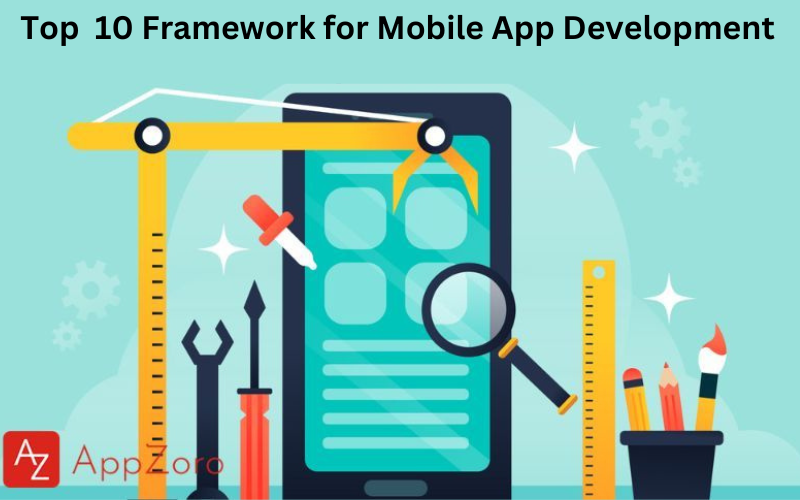Recent Posts
Loading...
Services
Loading...
Tags

Sam Agarwal
Sam Agarwal is the Founder and CEO of Appzoro Technologies, an innovative digital development company delivering full-stack mobile and web solutions. With a BS in Computer Science and ongoing Master’s studies at Georgia Tech, he also serves as Mobile App Technology Advisor at Atlanta Tech Village. A passionate entrepreneur, Sam has been involved in leadership roles since age 18 and is currently Vice President of Sara Hospitality. He specializes in building scalable tech products, digital strategy, and guiding startups. Through Appzoro and consulting, he helps businesses leverage emerging technologies to drive growth, productivity, and customer success.

Leave a Comment